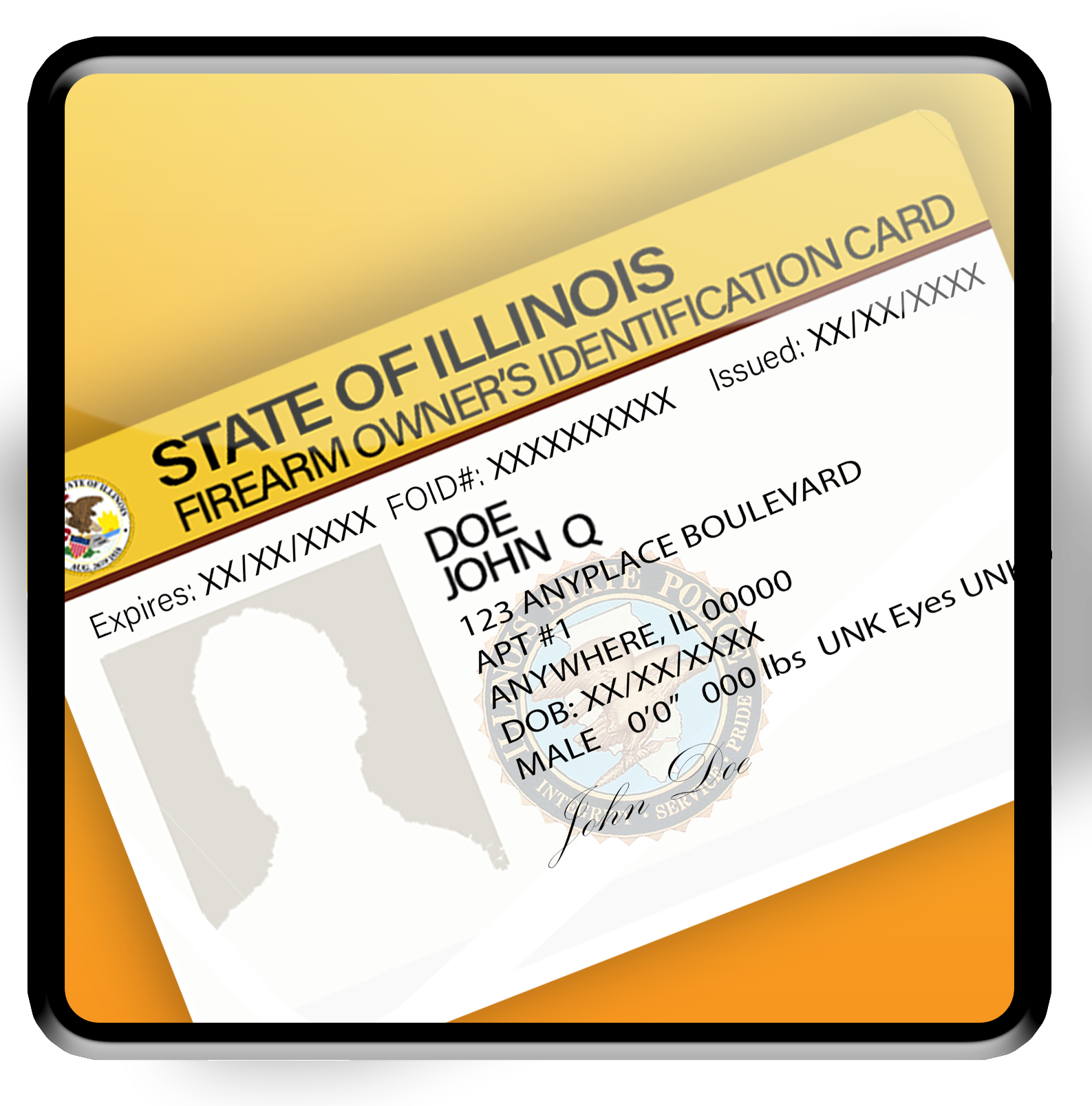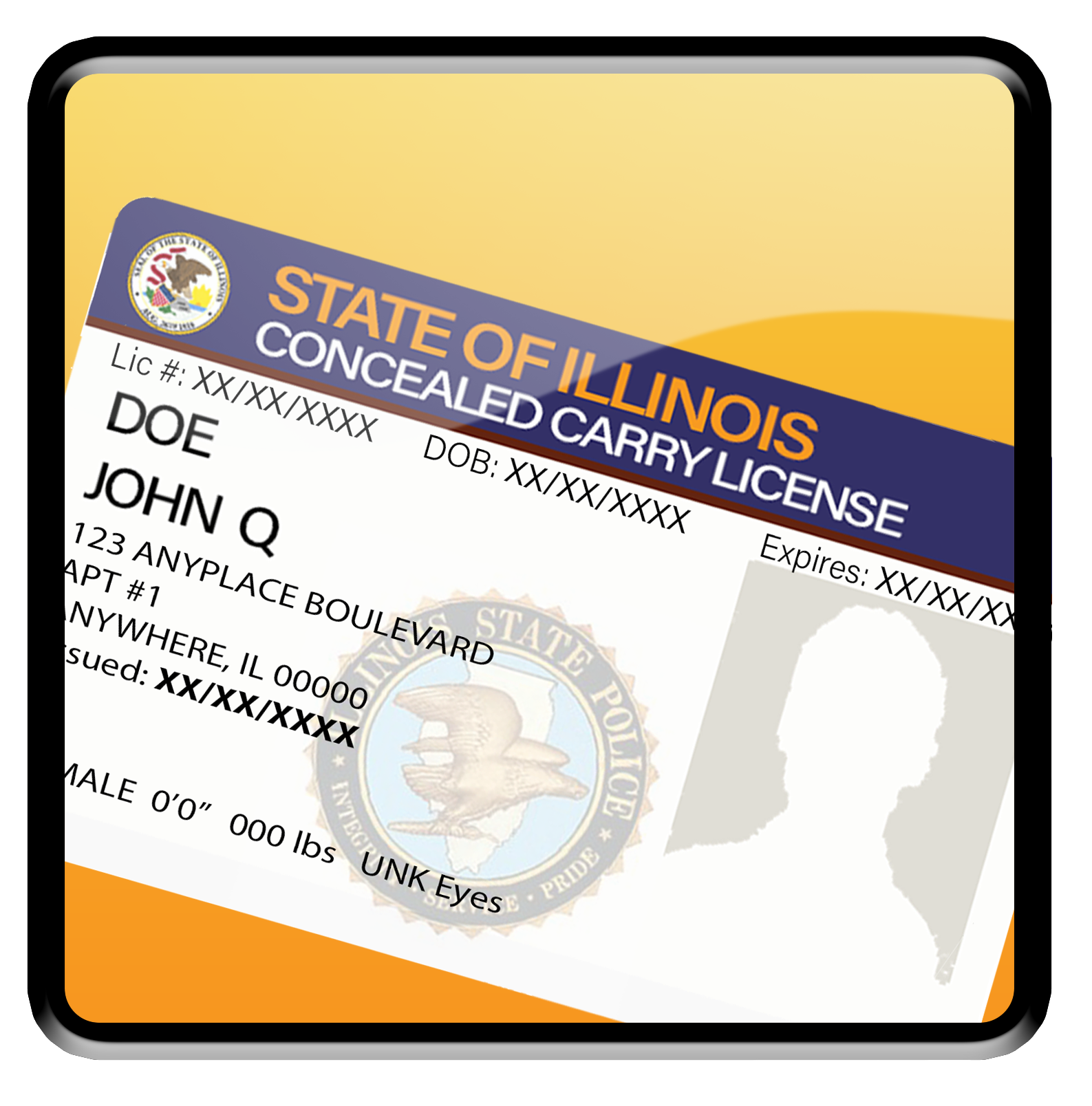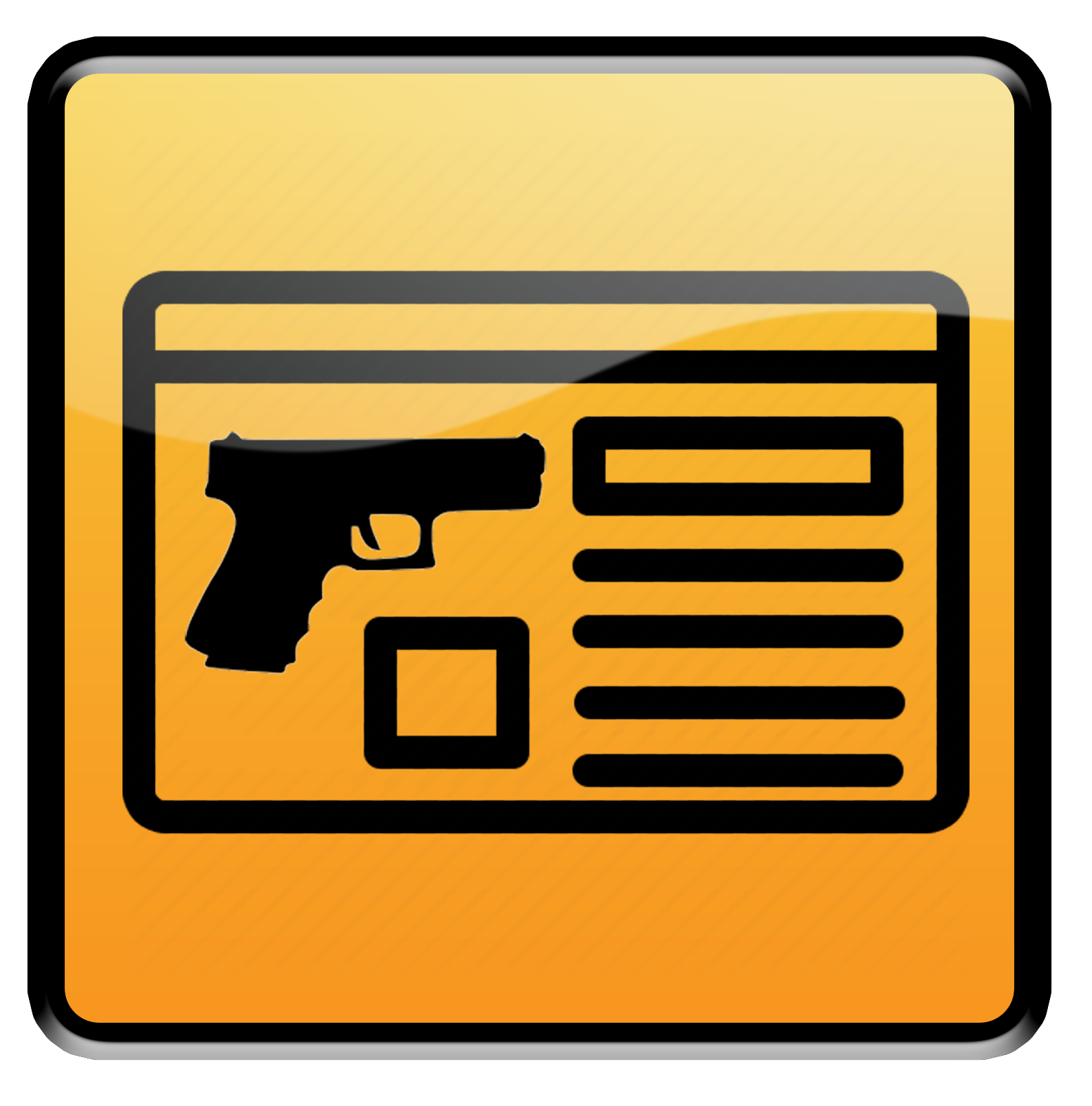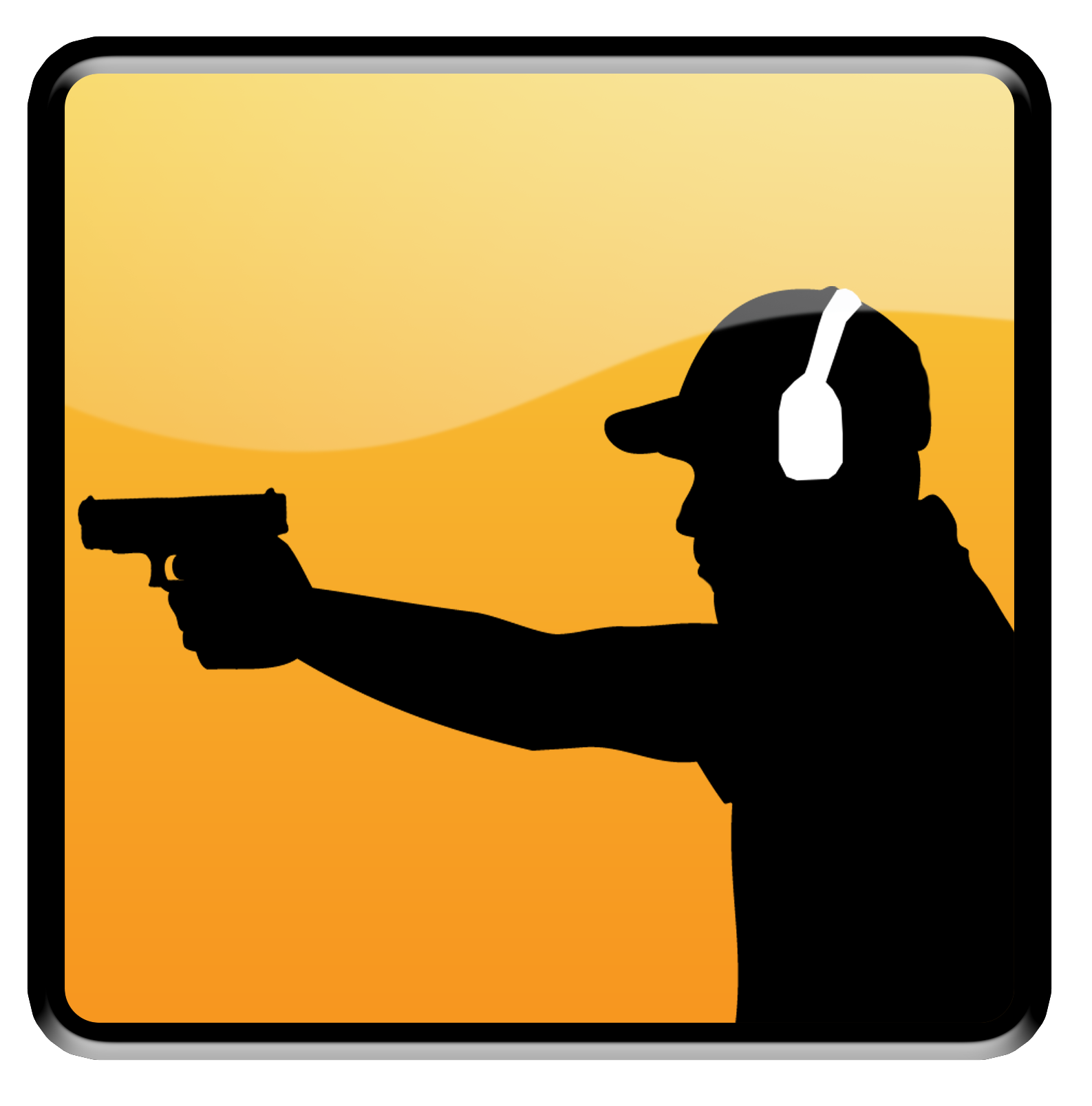Firearm Dealer License Certification
Welcome to the Firearm Dealer License Certification (FDLC) program website. 430 ILCS 68 was signed into law on January 18, 2019, requiring all Illinois Federal Firearm Dealers operating within Illinois to be certified by the Illinois State Police.
FDLC Frequently Asked Questions
If a person engages in strictly gunsmithing services, and only those services (where, for example, they accept a firearm for service, service the firearm, and then return it solely to the same person who gave them the firearm to service), they will not be required to be obtain State certification.
If, however, a person who offers gunsmithing services also engages in the business of selling, leasing, or otherwise transferring firearms to third parties, they will be required to obtain State certification.
The Act defines a retail location as, "...a store open to the public from which a certified licensee engages in the business of selling, transferring, or facilitating a sale or transfer of a firearm..."
To help make this determination, here are three scenarios and how they would be defined:
- A big box store open to the public during hours of operation with a displayed inventory where the public can purchase and receive transfers of firearms. This is a RETAIL location.
- A residential dealer who has a designated area within his or her home, such as a garage or separate area, wherein during hours of operation, the public is able to come into this area to make purchases and receive transfers. This is a RETAIL location.
- A residential dealer who is not open to the general public, who conducts firearm transfers with individuals known to the dealer or who sets appointments for firearms transfers. This is a NON-RETAIL location.
The Application Process
More About the Program
A certified licensee shall post in a conspicuous position on the premises where the licensee conducts business a sign that contains the following warning in block letters not less than one inch in height (430 ILCS 68/5-20):
"With few exceptions enumerated in the Firearm Owners Identification Card Act, it is unlawful for you to:
- store or leave an unsecured firearm in a place where a child can obtain access to it;
- sell or transfer your firearm to someone else without receiving approval for the transfer from the Department of State Police, or
- fail to report the loss or theft of your firearm to local law enforcement within 72 hours."
On or before January 2, 2020, each certified licensee maintaining an inventory of firearms for sale or transfer must be connected to an alarm monitoring system or service that will notify its local law enforcement agency of an unauthorized intrusion into the premises of the licensee where the firearm inventory is maintained. (430 ILCS 68/5-50(c))
On or before January 2, 2021, each certified licensee operating a retail location in this State must maintain a video security system and shall maintain video surveillance of critical areas of the business premises, including, but not limited to, all places where firearms in inventory are stored, handled, sold, or transferred, and each entrance and exit. A video surveillance system of the certified licensee's retail location may not be installed in a bathroom and may not monitor inside the bathrooms located in the retail location. (430 ILCS 68/5-50)
Also, each certified licensee operating a retail establishment in this State must post a sign in a conspicuous place at each entrance to the retail location that states in block letters not less than one inch in height: "THESE PREMISES ARE UNDER VIDEO SURVEILLANCE. YOUR IMAGE MAY BE RECORDED." This sign shall be created by the Department and available for printing or downloading from the Department's website. (430 ILCS 68/5-50(b))
Yes. The provisions of this Act related to the certification of a license do not apply to a person or entity that engages in the following activities:
- temporary transfers of firearms solely for use at the location or on the premises where the transfer takes place, such as transfers at a shooting range for use at that location;
- temporary transfers of firearms solely for use while in the presence of the transferor or transfers for the purposes of firearm safety training by a firearms safety training instructor;
- transfers of firearms among immediate family or household members, as "immediate family or household member" is defined in Section 3-2.7-10 of the Unified Code of Corrections, provided that both the transferor and transferee have a currently valid Firearm Owner's Identification Card; however, this paragraph (3) does not limit the familial gift exemption under paragraph (2) of subsection (a-15) of Section 3 of the Firearm Owners Identification Card Act;
- transfers by persons or entities acting under operation of law or a court order;
- transfers by persons or entities liquidating all or part of a collection. For purposes of this paragraph (5), "collection" means 2 or more firearms which are of special interest to collectors by reason of some quality other than is associated with firearms intended for sporting use or as offensive or defensive weapons;
- transfers of firearms that have been rendered permanently inoperable to a nonprofit historical society, museum, or institutional collection;
- transfers by a law enforcement or corrections agency or a law enforcement or corrections officer acting within the course and scope of his or her official duties;
- transfers to a State or local law enforcement agency by a person who has his or her Firearm Owner's Identification Card revoked;
- transfers of curios and relics, as defined under federal law, between collectors licensed under subsection (b) of Section 923 of the federal Gun Control Act of 1968;
- transfers by a person or entity licensed as an auctioneer under the Auction License Act; or
- transfers between a pawnshop and a customer which amount to a bailment. For purposes of this paragraph (11), "bailment" means the act of placing property in the custody and control of another, by agreement in which the holder is responsible for the safekeeping and return of the property. (430 ILCS 68/5-25)









